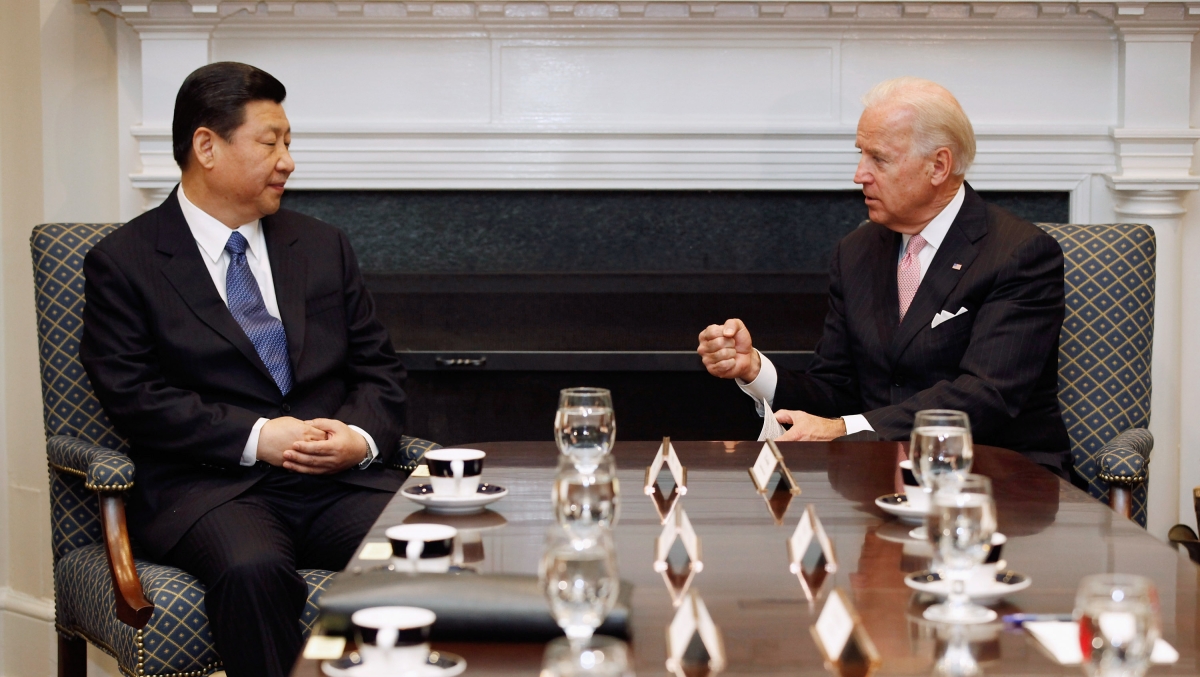Why China Will Play It Safe
Foreign Affairs

The following is an excerpt of Christopher Johnson's op-ed originally published in Foreign Affairs.
At a time of growing tension between Beijing and Washington, China’s 20th Party Congress in October unsettled many outside observers. During the proceedings, not only did Chinese President Xi Jinping stack China’s all-important Politburo Standing Committee with loyalists and secure a third term in office; he also painted his darkest picture yet of China’s external threats. Xi called for further increasing the quantity and quality of China’s already accelerating defense production. And he appointed a mix of protégés and skilled technocrats to the full Politburo to oversee China’s response to the challenge.
So far, Beijing has withheld escalatory responses that would amount to direct economic warfare against the United States, such as disrupting crucial supply chains of rare-earth metals or using untested Chinese regulatory tools such as its “Unreliable Entity List” and the Anti–Foreign Sanctions Law, which could penalize foreign companies simply for complying with U.S. regulations. But to many analysts, Xi’s recent moves are a sign of worse to come. Now that Xi is firmly ensconced in his third term, some China observers argue that he could move to retake Taiwan in the next few years, provoking a full-fledged war between the world’s two most powerful states.
But the new Politburo is not a war cabinet. Although there is no question that China’s leadership has grown more prickly and assertive, predictions in the wake of the congress that Beijing could soon launch a military provocation or that Xi will dramatically rein in free-market capitalism in favor of a return to statism are wrong. For all their loyalty to Xi, the party’s new leaders are mostly measured technocrats. Xi has certainly added many close allies, but they also have strong connections to China’s private economy and are unlikely to be pure sycophants. Rather than planning for an aggressive, closed, and highly personalistic China, the United States should expect Beijing to continue to govern in a stable and predictable manner, if only because China is facing major challenges that make the Politburo crave stability.

